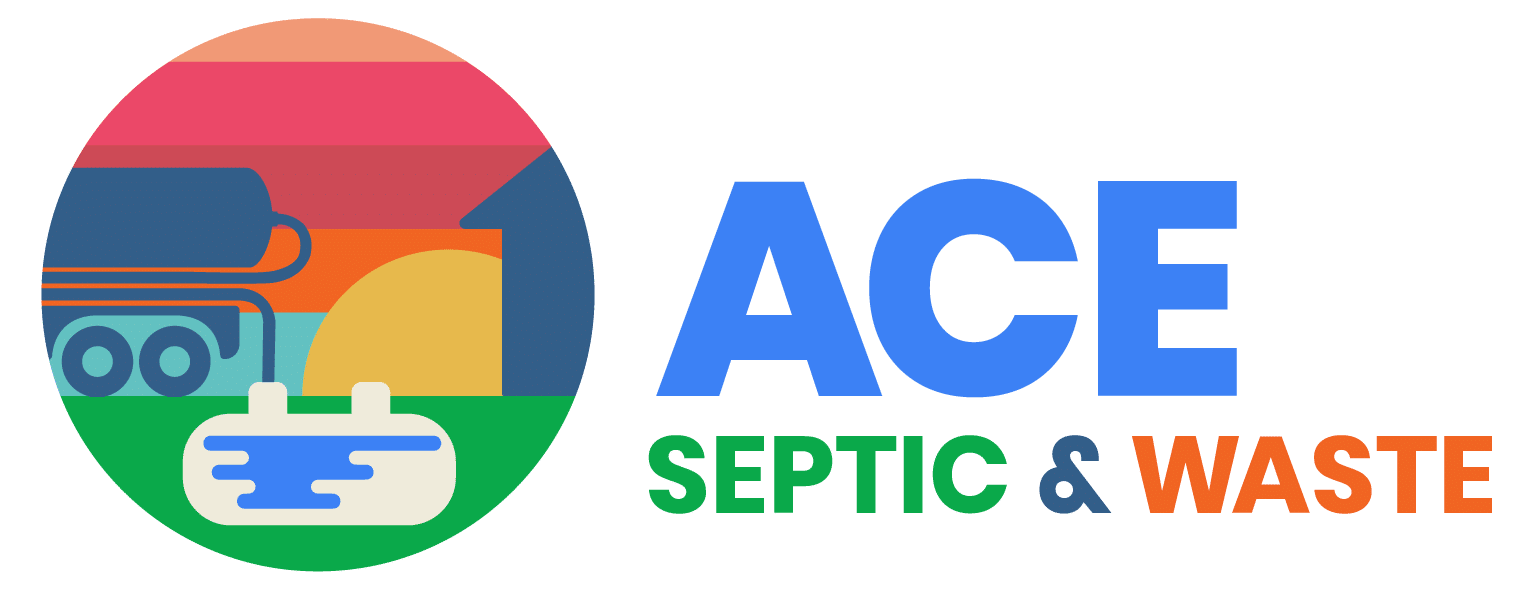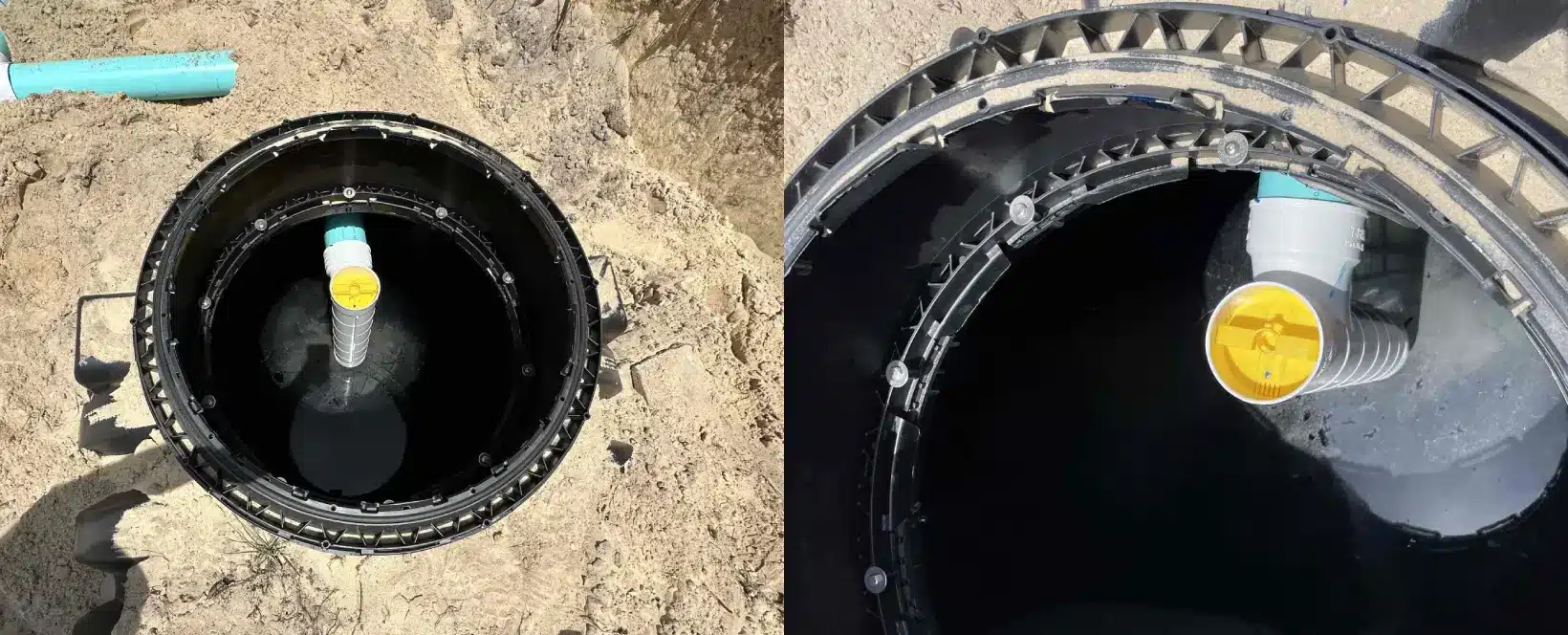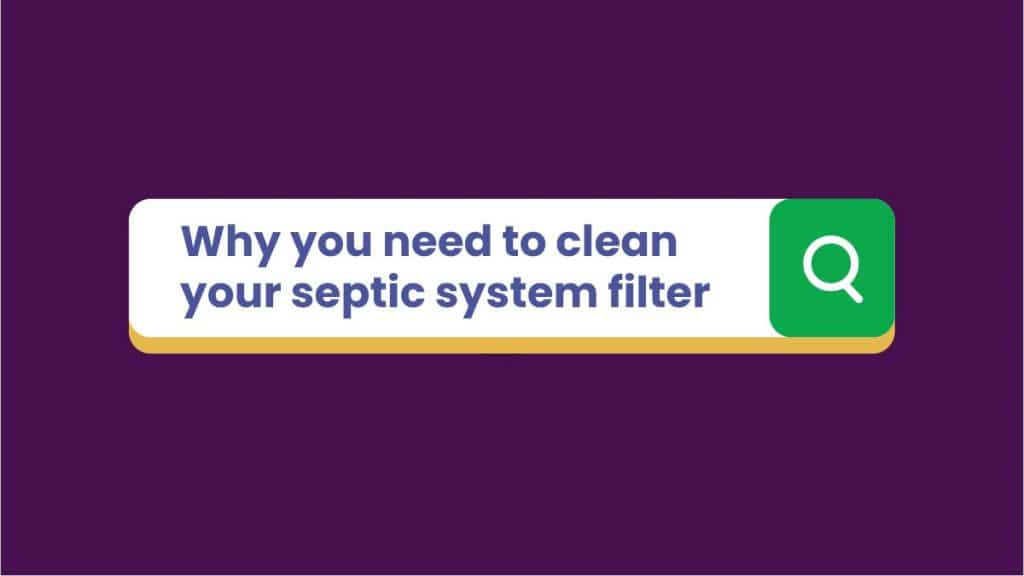All parts of your septic system serve an essential purpose, with some parts playing multiple roles. But no part is unimportant when it comes to septic system efficiency and environmental health.
It’s important to know how your septic system works. As part of our homeowner’s guide, ACE Septic & Waste is committed to educating Florida residents about their septic or sewage system. In this article, we’ll discuss why septic tank filters are indispensable and how they contribute to a smoothly operating septic system.
The Role of a Septic Tank Filter
The primary role of a septic tank effluent filter is to prevent solids from entering the leach field or drainfield while allowing effluent to move through the system. Solids can clog the perforations in the leach field pipes, leading to system failure and costly repairs. Here’s how a filter benefits your septic system:
- Protects the Drainfield: The drainfield is an integral component of your septic system, where treated wastewater is absorbed into the ground. A filter keeps larger solid particles contained in the septic tank, thereby preventing them from reaching and potentially clogging the drainfield. This protection helps extend the life of the drainfield, ensuring it remains functional for years to come.
- Enhances System Efficiency: By trapping solids, a septic tank filter ensures that only clearer effluent passes into the drainfield. This enhances the overall efficiency of the wastewater treatment process, as the drainfield can more effectively absorb and filter the effluent.
Maintaining Your Septic Tank Filter
Regular maintenance is a crucial element for all parts of a septic system, and the septic tank filter is no exception. At ACE Septic & Waste, we recommend the following maintenance practices:
- Regular Inspection and Cleaning: Septic tank filters should be inspected and cleaned regularly. The frequency will depend on the size of your household and the amount of wastewater generated. Generally, cleaning during regular septic tank pumping, typically every 3-5 years, is effective.
- Professional Service: While some homeowners may feel comfortable cleaning the filter themselves, professional servicing ensures that it is done correctly and safely. Technicians from ACE Septic & Waste are trained to handle, clean, and reinstall filters without damaging them or other components of your septic system.
- Replacement if Necessary: Over time, filters may become worn or damaged and must be replaced to ensure continued effectiveness. Regular inspections will help determine when a replacement is needed.
Finding the Septic Filter
The filter in your septic tank is typically located at the outlet pipe, which transports the pre-treated wastewater from the tank to the drainfield or leach field. This positioning ensures that the filter can effectively trap any solids or larger particles before they exit the tank, preventing them from entering and potentially clogging the drainfield.
Finding the Filter:
- Access the Tank: To locate the filter, you’ll need to access the septic tank. Most tanks have one or more access lids on the surface. The lid nearest to your home usually covers the inlet side, while the lid farther from your home covers the outlet side where the filter is located.
- Identify the Outlet Pipe: Once you open the outlet side of the tank, look for the pipe that leads out of the tank towards the drainfield. The filter is generally installed directly inside this pipe or in a housing attached to the pipe. It might have a handle or some form of grip to facilitate easy removal for maintenance.
Safety Tips:
- Wear Protective Gear: Always wear gloves when inspecting your septic tank to protect yourself from harmful gases and bacteria.
- Ensure Ventilation: Ensure the area is well-ventilated before opening the tank to avoid inhaling toxic gases.
Maintenance Advice:
During normal operations, you shouldn’t need to access your septic filter or septic tank. If your system needs an inspection or maintenance, it’s a good idea to have a professional, such as those from ACE Septic & Waste, inspect and clean your septic filter according to the manufacturer’s recommendations or local regulations. Typically, your septic tank filters will be checked and cleaned during regular septic system pumping to ensure they are functioning correctly.
Compliance with Septic Regulations
In many regions, including parts of Florida where ACE Septic & Waste operates, local regulations require septic tanks to have an effluent filter. These regulations are designed to protect public health and the environment by ensuring that septic systems function properly and do not contaminate groundwater or surface water.
Stay Septic Smart with ACE Septic
Installing and maintaining a filter in your septic tank is a simple yet effective way to enhance the performance and longevity of your septic system. It’s an investment in your system’s health and the safety of your home and environment. At ACE Septic & Waste, we’re committed to helping you maintain your septic system at its best with professional advice and services you can rely on. Contact us today to learn more about our septic system services or to schedule an inspection or maintenance visit. Let us help you keep your septic system functioning efficiently with the proper practices and tools, including a properly maintained septic tank filter.







